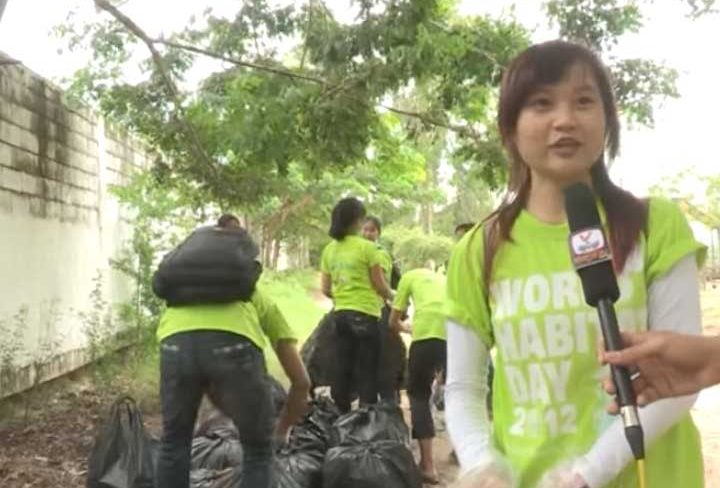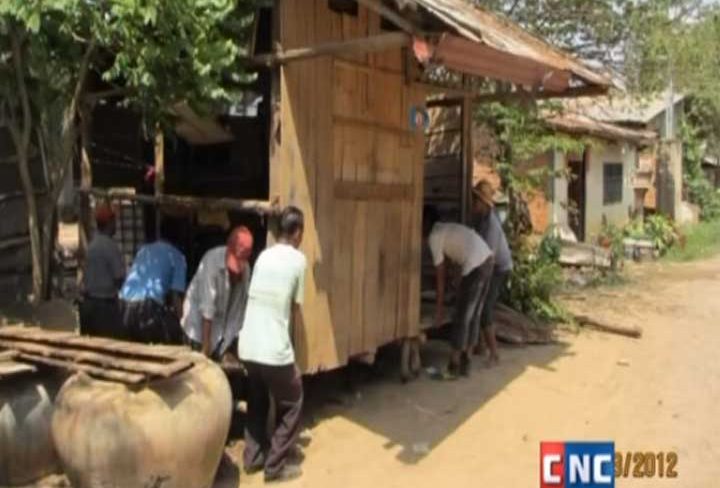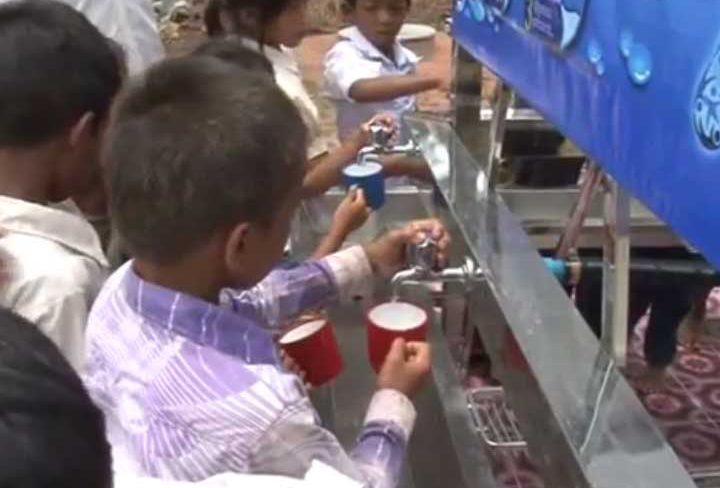
Building Homes, Building Positive Lives Extended
Habitat Cambodia’s two-year Building Homes, Building Positive Lives project that began in 2012 with funding from Habitat for Humanity Australia has been extended for an additional two years. This extension of the project is aimed at providing housing solutions for those impacted by HIV/AIDS. Spouses, children, parents or close relatives who share the health, financial and sociological impacts of HIV/AIDS or are infected by HIV/AIDS (PLWHA) will receive support through housing solutions and allow them to have the confidence to begin rebuilding their lives free from the threat and or actuality of eviction, have a secure access to long-term health intervention, increased ability to earn a living and provide a better future for themselves and their children.
Working in partnership with HIV-focused NGOs Maryknoll and ARV Users Association, Habitat Cambodia is given an opportunity to enhance HIV/AIDS programs with holistic housing solutions. These partners provide care and support for PLWHA and OVC families, with activities focused on training, home-based care for the sick, and social support and services. Likewise, Habitat Cambodia is in partnership with Supported, Knowledge and Inspiration of Life for the livelihood intervention component of the project.
The project extension will provide support to another 136 families through the provision of secure land, construction of new house and repair, provision of water and sanitation facilities, connection to state electricity or solar lamps for those living off the electrical grid. Training is provided to the families on sanitation and hygiene, HIV/AIDS prevention, care and treatment, home maintenance, livelihood and income generation, as well as family literacy and family planning.
Of the targeted total 136 families affected by HIV/AIDS, 38 households are headed by women (mothers or grandmothers) or are OVC families comprising of youth aged 16-22 years old. All are in need of housing assistance, with many of them living in poor rental housing conditions that they struggle to afford.




